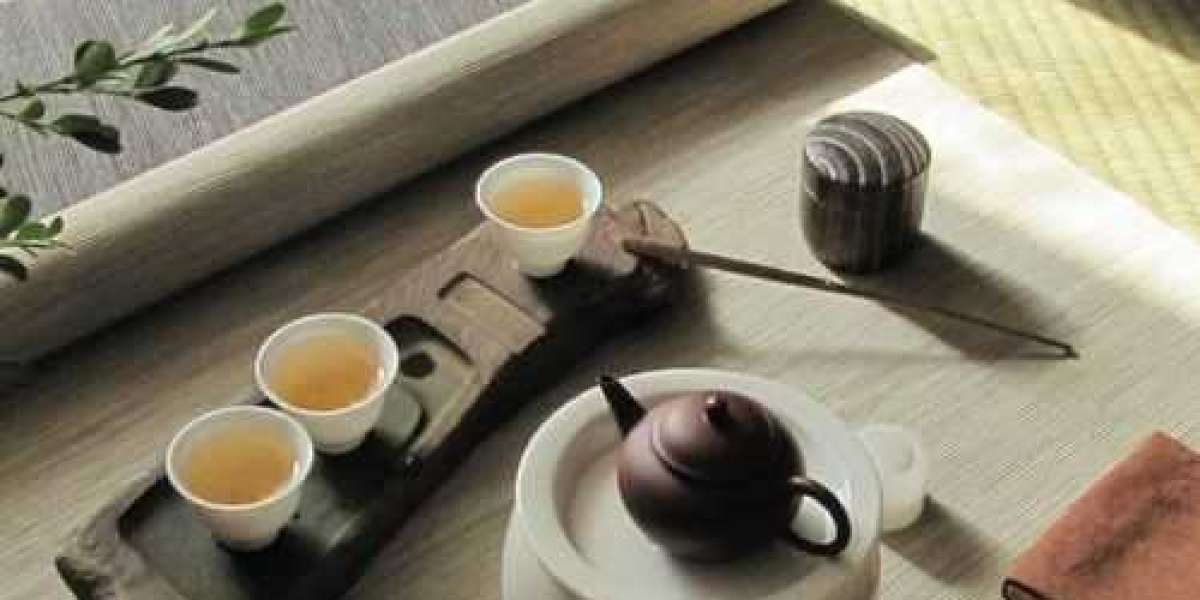The origins of white tea trace back centuries to the Fujian province of China, where the earliest forms of white tea were cultivated. These teas were often reserved for the elite, reflecting their rarity and exquisite quality. The minimal processing involved in producing white tea contributes to its exclusivity. Unlike green, black, or oolong teas, which undergo withering, rolling, oxidation, and firing, white tea primarily involves withering and drying. This gentle treatment allows the tea leaves to retain their natural characteristics, resulting in a light, delicate flavor profile.
Two primary types of white tea dominate the market: Silver Needle and White Peony. Silver Needle, considered the finest grade of white tea, is made exclusively from the unopened buds of the tea plant. These silvery buds unfurl gracefully in hot water, releasing a subtle sweetness and a delicate floral aroma. White Peony, on the other hand, includes both the unopened buds and the young, tender leaves, creating a slightly more robust and complex flavor with hints of sweetness and nuttiness. The difference in flavor and aroma stems from the inclusion of the leaves, which contribute a more pronounced taste compared to the buds alone.
Beyond Silver Needle and White Peony, other varieties of white tea exist, often reflecting regional variations in cultivation and processing methods. These teas may exhibit a wider range of flavor profiles, from grassy and vegetal to subtly sweet and floral. The variations in taste can be attributed to factors such as the specific cultivar of the tea plant, the altitude and climate of the growing region, and the precise techniques used during processing.
The delicate nature of white tea requires careful brewing. Using water that is too hot can result in a bitter and astringent cup. The ideal water temperature is generally between 160-180°F (71-82°C). Steeping times should also be kept relatively short, typically between 2-3 minutes, to prevent over-extraction and bitterness. Experimentation with steeping times can reveal the nuances of different white teas, allowing you to discover the optimal brewing parameters for your preferred taste.
The health benefits associated with white tea are numerous and significant. Rich in antioxidants, white tea is believed to contribute to improved cardiovascular health, reduced inflammation, and enhanced cognitive function. Further research is continually exploring the potential therapeutic applications of white tea, highlighting its promising role in maintaining overall well-being. However, it's important to consult with a healthcare professional before using white tea as a treatment for any specific health condition.








